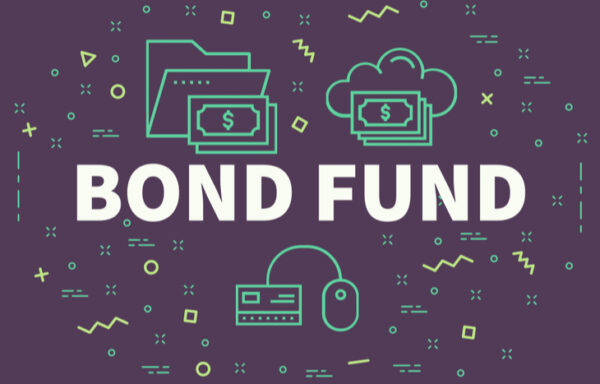Make a Killing… With Bonds
The volatility in the stock market in December, May and August has produced two positive results.
Yes, I know – an 800-point drop in one day and the pounding we took in December don’t appear to have any positives on the surface. But it’s all about your perspective.
As anyone who has followed me for any period of time knows, the average investor’s perspective on the markets is 180 degrees out of sync with reality and is badly in need of realignment.
And the positive outcomes of the recent market volatility are so absolutely essential to your success as an investor. They have to be etched into every person’s consciousness no matter what their age is.
The first positive is best illustrated by a conversation I had at The Oxford Club’s recent New York City Private Wealth Seminar.
A Member of my bond trading service, Oxford Bond Advantage, approached me at one of the cocktail receptions, and, with a glow and giddiness that are usually reserved for the faces of children on Christmas morning, he described how he’s making a killing in our bonds.
The word “killing” is rarely used in conjunction with the word “bonds,” I know, but as he said, “I did exactly what you told us to do and bought on the dip.”
Several times in my video updates in December, when it seemed like the world was ending, I implored my bond Members to use some of the cash they have on the sidelines to buy the bonds in the portfolio that had been dinged during the sell-off.
This Member stated he did exactly that, and he showed 20% and 30% capital gains between December and the July meeting.
The beauty of this is that this isn’t brain surgery. The Member simply waited until the greatest number of lemmings were going off the cliff and added new positions to the bond portion of his portfolio at the discounted prices the sell-off produced.
The only requirement to make that kind of money in investments as conservative as bonds is to accept the fact that sell-offs are buying opportunities, not the end of the world.
Once that concept becomes ingrained in your thinking and causes a shift in your perspective, you’ll become a shark in the market, looking for blood in the water that is always spilled by those who panic-sell.
If you can achieve this shift in perspective, you will have joined the successful members of the money world who pray for sell-offs.
The second positive outcome of the brutal volatility we’ve been experiencing is that a clearly defined risk envelope (corresponding to your age or the number of years you have left until retirement) can virtually eliminate the effects of volatility in your portfolio.
Creating a well-defined risk envelope is not brain surgery either, but it is something most small investors fail to do… or they take the easy way out and go overboard on the side of safety.
The fact is, if their investments – bond or stock – adhere to a well-defined, acceptable level of risk, except in very rare circumstances, a person closing in on retirement or a retired person should experience virtually no losses…
I define an acceptable level of risk as the kind of holdings that you don’t worry about or feel compelled to sell when the markets do their kamikaze routine.
Is it an easy transition from the gambling mentality most novice investors have to the more mature market perspective of waiting for the winners to come to you?
No, it is not!
But if you’re ever going to get out of the rut of buying after the market has moved up and establishing losses in the name of cutting your losses in the inevitable sells-off, it is an absolute requirement.
Most of us have no way to replace the money we have put aside for retirement. So it’s either sit in savings accounts and CDs and lose money every year to taxes and inflation, or adjust your perspective, define your risk envelope, and get realistic about your holdings and the risks they pose.
The volatility we’ve seen in the markets this past year isn’t just going to disappear. It’s time to adjust our perspectives and get off the pie-in-the-sky roller coaster or prepare for the consequences.
[adzerk-get-ad zone="245143" size="4"]About Steve McDonald
Somewhat of a renaissance man, Steve worked as a professional broker and has been an active trader of bonds for more than two decades, specializing in ultra-short-maturity corporate bonds. But before entering the investment industry, Steve was a naval aviator, flying fixed-and rotary-winged aircrafts, and also served as a surface warfare officer. Steve’s regular video series featured on Wealthy Retirement called “Slap in the Face” Award is some the most amusing investment content we republish.






